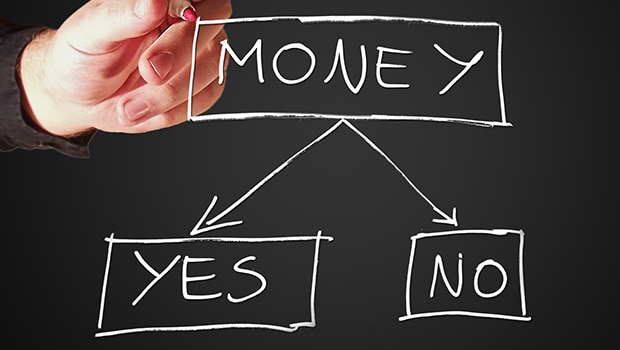6 suggestions to get the most out of your bonus
So you worked hard all year in your job and your manager is happy with your performance. Your reward at the end of the financial year as an employee, will be a monetary reward like a performance or year-end bonus. Congratulations! In the current economy, the extra dollars can be hard to come by and can go a long way – that is, if you use them wisely.
Here are 6 suggestions for getting the most out of your bonus.
Every week, I’ll be sharing practical tips and invaluable knowledge to guide you on your path to financial independence.
Pay off debt
If you have a credit card debt or a personal loan that you are repaying every month, using your bonus to pay it off would be your best bet to getting yourself out of the red and into the black. Even if your bonus cannot fully pay off your debts, it reduces the principle amount of your debt and allows you to pay it off much earlier.
Build an emergency fund
Financial experts usually recommend setting aside 3 to 6 months worth of household expenses as an emergency fund. Personally, I maintain an emergency fund of up to 3 months worth of household expenses simply because of the employability of my job. That said, I’m still optimising my monthly expenses to reduce my spendings. If your current job has a low employability and you think you would need more than 3 months to find a new job, I suggest that you stick to the general rule of having 6 months worth of household expenses as an emergency fund. If you’re just starting to build your emergency fund, your bonus can play a substantial role in building the fund.
Maximise your tax contributions
In Singapore, your bonus becomes part of your taxable income. Therefore it’s worth doing some calculations to tally your taxable income for the year to see how much your bonus is going to cost you in taxes next year. For example, if your current taxable income is $80,000, a $5,000 bonus would cost you an additional $575 (11.5%) in taxes. While income tax rates in Singapore is relatively low compared to other developed countries, you will need to ask yourself if there’s a need to use your bonus to maximise your tax contributions to reduce next year’s income tax.
Invest in your retirement portfolio
If you don’t have any immediate need to spend your bonus, consider adding some money to your retirement to build up the nest. That gives your retirement nest some time to compound some returns before you retire. With a 4% annual return on your retirement investment portfolio, every dollar you add to your retirement nest today would double its value in 20 years.
Invest in yourself
Apart from investing in investment vehicles to grow your assets, is there any course or certification that you have been thinking about taking to better yourself? It could be a Master’s degree to progress to the next level of your career, or skill-based courses like cooking classes to improve your cooking skills so that you can prepare restaurant-quality dinners at home instead of dining in restaurants on weekends.
Reward yourself
All work and no play makes Jack a dull boy. After working hard for a full year, think about rewarding yourself with some indulgence. While spending all your bonus money on indulgence may sound irresponsible, how does allocating 10-20% of your bonus money on a vacation sound to you? The allocated amount of money may not get you to the travel destination of your choice, but it could be a start to building your vacation saving goal.
How I’m allocating my bonus next month
With a bonus of $5,000 coming in next month for last year’s performance, I intend to allocate 90% of the money to my SRS contribution for 2015 to keep my taxable income low and 10% to my vacation saving goal. As an avid backpacker, $500 could probably cover my budget return flight within Asia and I’ll need to save a bit more for the trip itself.
How are you allocating your bonus money?

